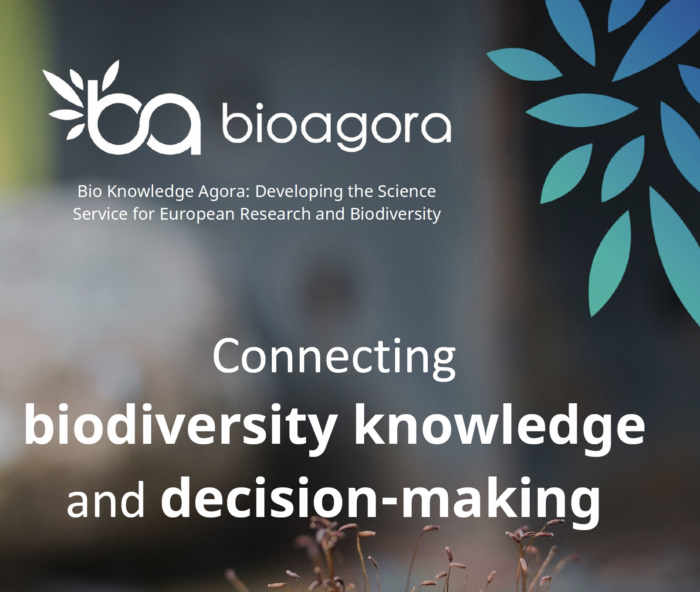The first deliverable of the project BioAgora about the challenges of implementing the EU’s Biodiversity Strategy for 2030 has been published.
Authors: Attila Lenti, Eszter Kelemen, Kármen Czett, Carla Klusmann, György Pataki
This research used different information sources – including published scientific reports, expert knowledge of scientists working in the field of biodiversity conservation and management, and expertise of policy decision-makers working at different EU-level and national organisations – to understand which are the main challenges that impede the implementation of the Biodiversity Strategy 2030.
Some of the challenges are rooted in the current institutional setup, such as limited coherence between different sectoral policies or different political structures, processes, and priorities at regional, national, and EU-level. Other challenges are more practical and closely linked to on-the-ground biodiversity conservation and management, such as the lack of a systematic approach in spatial planning, the limited effectiveness of management actions, or difficulties associated with stakeholder and citizen engagement in decisions associated with biodiversity. We also found evidence that there are still some knowledge gaps related to biodiversity issues, and that the flow of information between knowledge providers and decision-makers needs to be further amended.
By making relevant knowledge more accessible through a Europe-wide Science Service for Biodiversity, the effectiveness of management actions can be improved, and biodiversity aspects can be better integrated into spatial planning and sectoral policies. The Science Service can also make decision-making processes more open and accessible for a wide range of actors, therefore contribute to better engagement processes and more harmonized decision-making across different scales (from the local through national to the EU-level). Nevertheless, there are also some deeply rooted challenges, associated with our growth-oriented political and economic structures prioritizing short-term benefits, which have a strong impact on how the current Biodiversity Strategy gets implemented. Improving the availability of knowledge can help increase the awareness and motivation of different actors, but it is not enough to systematically change our political and economic structures and processes.
